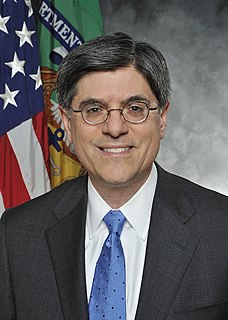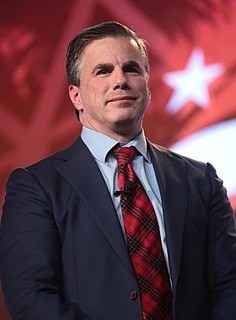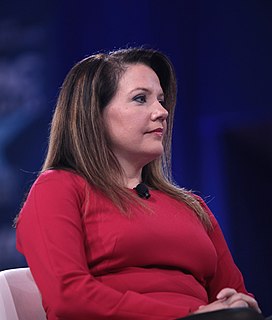A Quote by Neal Katyal
Every time a president invokes executive privilege, there are three relevant audiences he has to think about: the courts, Congress, and the public.
Related Quotes
I believe that the Constitution is not hostile to the idea that national problems can be solved at the national level through the cooperative efforts of the three coequal branches of government, the Congress, the executive and courts. But not every president, not every legislator and not every judge agrees that the federal government has the power to address and to try to remedy the twin national problems of poverty and access to equal opportunity.
I was very, very concerned about President Obama and how much executive order and how much executive power he tried to exert. But I think I want to be, and I think congress will be, a check on any executive, Republican or Democrat, that tries to grasp too much power. And really, a lot of the fault is not only presidents trying to take too much power, it's Congress giving up too much power.
The constitution has divided the powers of government into three branches, Legislative, Executive and Judiciary, lodging each with a distinct magistracy. The Legislative it has given completely to the Senate and House of Representatives. It has declared that the Executive powers shall be vested in the President, submitting special articles of it to a negative by the Senate, and it has vested the Judiciary power in the courts of justice, with certain exceptions also in favor of the Senate.
You need to fight cases in the courts, but you certainly cannot rely on the courts, you need to testify in Congress and lobby your Congress person, but you certainly cannot rely on Congress. You need to speak out in the media, but you cannot totally trust the media either. You need to work within the academy because that's an influential opinion body. I think that one of the lessons that people have learned in the civil rights community is that it is generally not enough to focus on litigation in the courts.
In recent years, Republicans have argued that Congress is a more responsible policymaker than the executive branch. But when it comes to regulation, Congress is often much worse, and for just one reason: Executive agencies almost always focus on both costs and benefits, and Congress usually doesn't.
I've been in two different administrations, and I would say, particularly, President Obama was really careful to make sure that he wouldn't invoke executive privilege unless absolutely necessary. He only invoked it once in eight years, even though many years he had Congress opposed to him in terms of being from the opposite party.
Under Article II, all executive power is vested in one president of the United States. The regulatory state is Congress's efforts to undermine the president's authority. And my hope is we will see a president use that constitutional authority to rein in the uncontrollable, unelected bureaucrats and to rescind regulations.


































